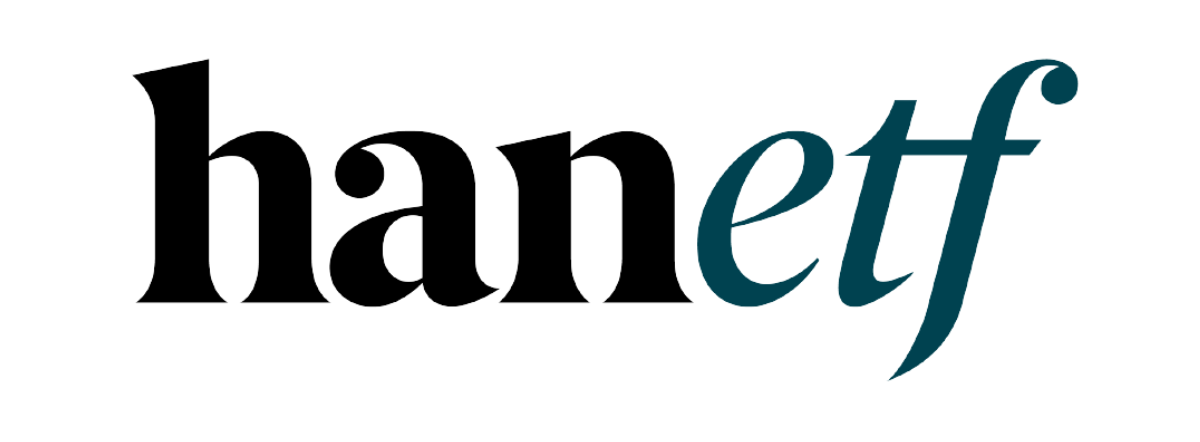The term ‘ESG’ has taken somewhat of a battering over the past couple of years with many hoping it would quietly enter into retirement.
While the backlash to sustainable investing has largely been felt across the pond, there are signs issuers in Europe are picking up on the ESG malaise among fund selectors, born out of regulatory confusion, product complexity and greenwashing concerns.
ETF launches in the space have sparked to life in recent weeks, with BlackRock’s climate transition range, Amundi’s sustainable corporate bond ETF and WisdomTree’s global sustainable equity ETF.
Notably, all three opted for ‘sustainable’ or ‘transition’ when naming their fund perhaps in an attempt to distance themselves from an increasingly problematic term, or perhaps in a bid to stay on the right side of Europe’s new fund naming rules.
Issuer change tact…
Hortense Bioy, global director of sustainable research at Morningstar, told ETF Stream issuers are walking a tightrope between UK and EU regulations but that the industry is likely to see a move away from ‘ESG’ to more ‘transition’ strategies.
“We will see adjustments to existing [ESG] products and we will see more transition products because of the ‘Improvers’ label they will get under the Sustainable Disclosure Regulation (SDR) in the UK and the potential labelling regime under the Sustainable Finance Disclosure Regulation (SFDR),” she said.
“I do not know if anyone would launch a brand new ‘ESG’ strategy. Some existing funds will keep the term and others will drop the term, but ESG will not be in the majority of strategies.”
Highlighting this, HANetf dropped ‘ESG’ from the name of its INQQ India Internet & Ecommerce ESG-S UCITS ETF (INQQ), keeping some of its ESG screening criteria but removing the fossil fuel exclusions.
… as investors demand more
Fund selectors also appear to be tiring of the term in favour of a ‘transition’ approach. Speaking at a recent ETF Stream event, one sustainably-focused investor remarked they would like to see “less ESG” and more innovation around climate transition strategies.
It appears ETF issuers in Europe could be listening. Recent launches have moved away from a sector exclusion approach with a greater focus on the transition to a net zero economy.
This gives investors the tools to sustainability tilt their portfolios and better track their benchmark compared to an ESG-screened approach.
Final word
It is no secret demand in Europe is waning for ESG. In 2021 ESG ETFs recorded $91.3bn inflows, falling to $54.6bn in 2022 and $44.2bn in 2023, according to Morningstar Direct.
ESG ETFs have taken $8.8bn in the first half of this year and are on track to pull in less than half of the previous 12 months.
Launches have also slowed. Just 19 have launched so far this year, versus 93 and 119 for the previous two years respectively, Morningstar direct data shows.
While it is certainly the case most broad beta ESG exposures have been done, issuers are also cottoning on to more increasingly sophisticated investor demand.






